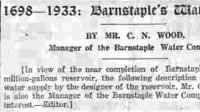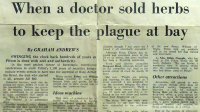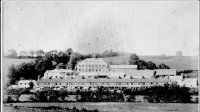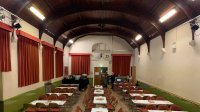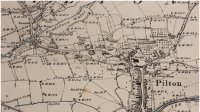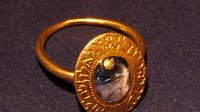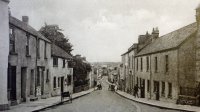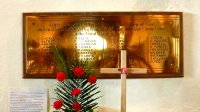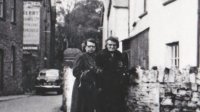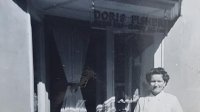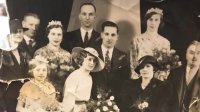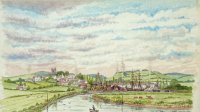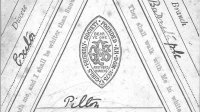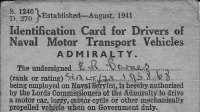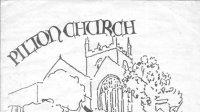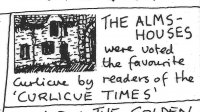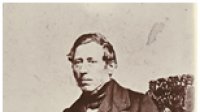Documents
Lt Col William Harding of Upcott House, Pilton
- from: Martin.Haddrill
- uploaded: Sep 6, 2016
- Hits: 1121
-
 (0 Likes)
(0 Likes)
This article by Jane Evans published in the Tiverton Civic Society Newsletter in May 2016 recounts the life of Lieutenant Colonel William Harding. He was born in 1792, the third son of Robert and Dionisia Harding. His childhood home was the family seat of Upcott House in the parish of Pilton, the large white house above the Triumphal Arch which overlooks the Taw Valley on the road to Ashford.
William Harding was educated in Tiverton and gained a love of geology and history. As the third son of the family he was destined for a career in the army and served in the 5th Foot (later renamed the 5th Northumberland Fusiliers) in the Peninsular War. After marrying Ann Elizabeth Jones in 1824 and, after the birth of three children, he left military service in November 1826. He lived in Ilfracombe for a number of years and was closely involved with geologists in the sequencing of Devon strata, eventually becoming a Fellow of the Geological Society.
In 1837 he moved to Tiverton and wrote a two-volume History of Tiverton, one of the reasons for the publication of the Jane Evan's article in the Tiverton Civic Society Newsletter. In 1849 he moved to Exeter after the death of his daughter in 1846. Subsequently, in 1851 and 1856, his two sons also died.
In 1866, Thomas Wrey Harding, William's elder brother also died and he inherited, and moved to live in, Upcott House and became lord of the manor. William passed away in 1886 at the age of 93 and is buried in Pilton churchyard. A memorial inside the church records his military career. The Triumphal Arch, near Upcott House and overlooking the Taw Valley, is a personal memorial to his military exploits in the Peninsular War.
Please download the entire article for more on the life of Lieutenant-Colonel William Harding. We are grateful to Jane Evans and the Tiverton Civic Society for permission to reproduce this article in their April 2016 Newsletter.




